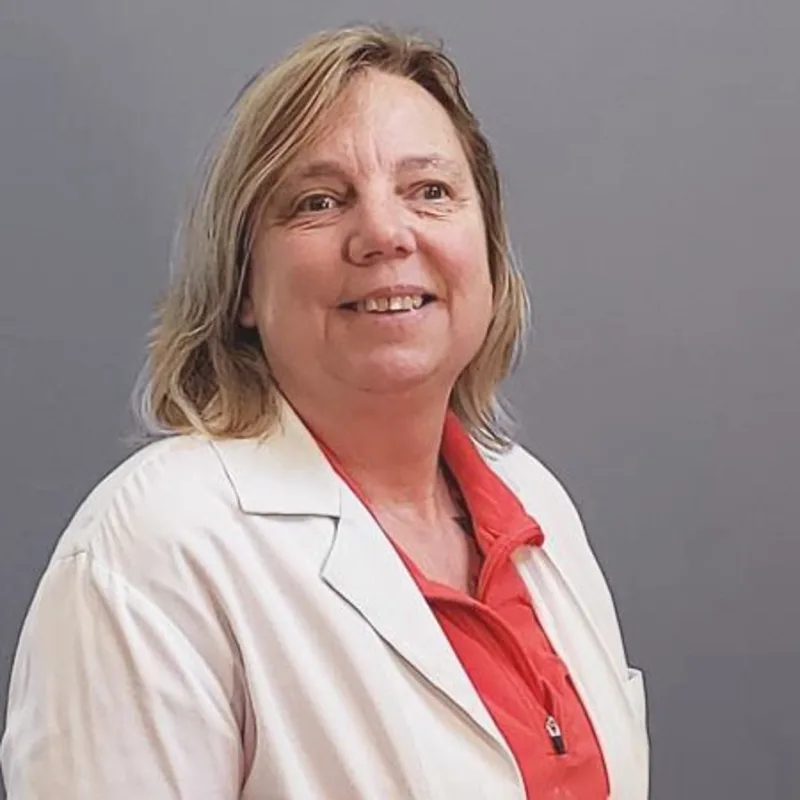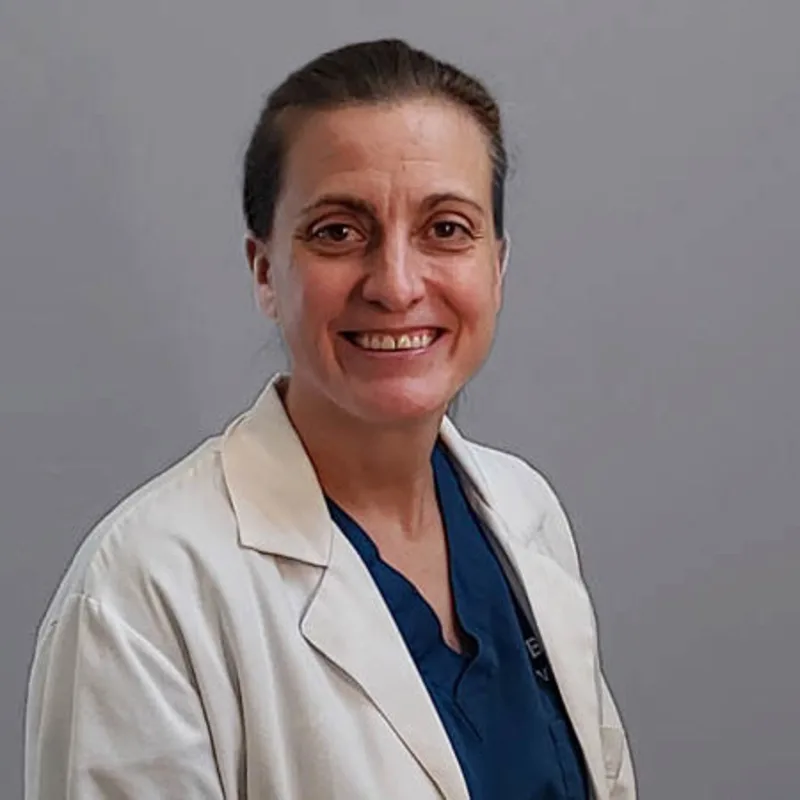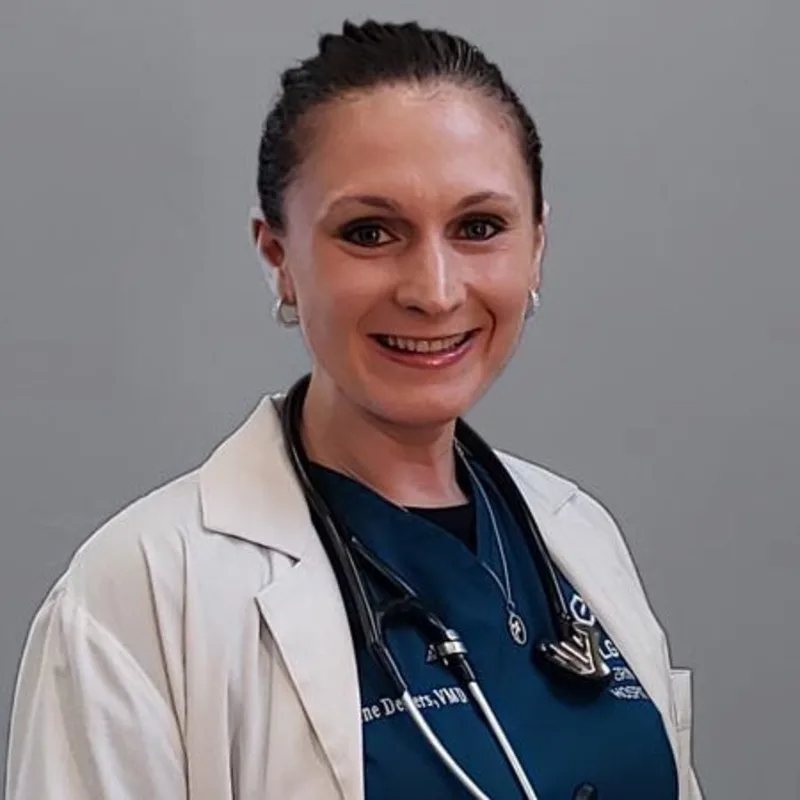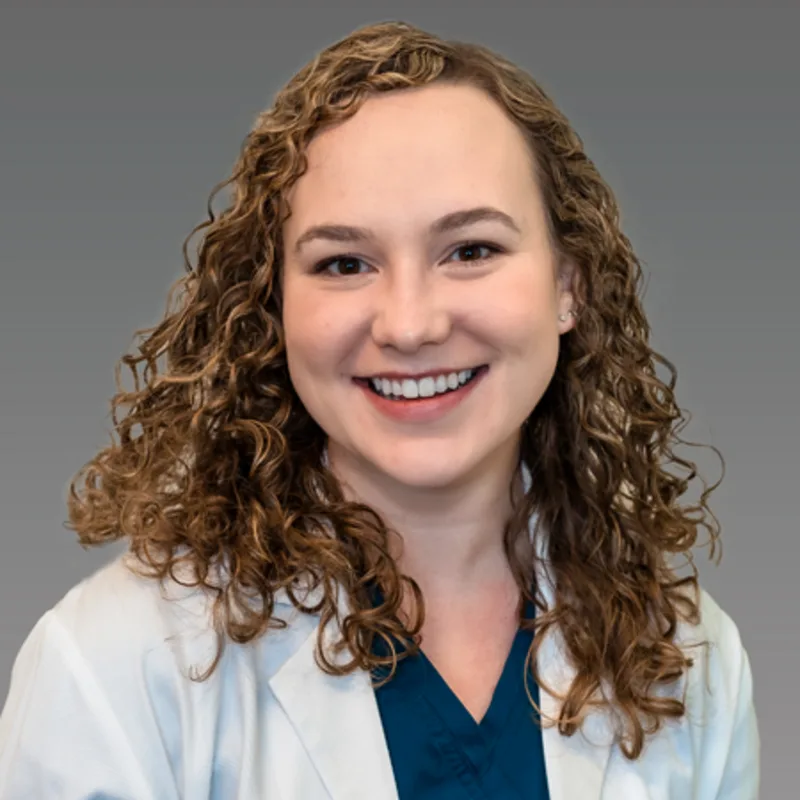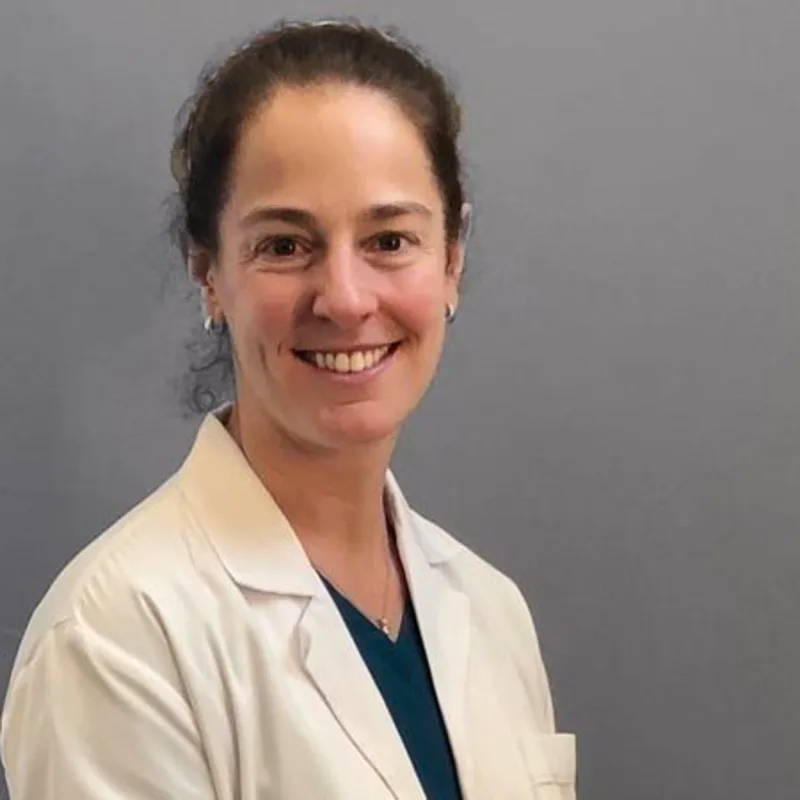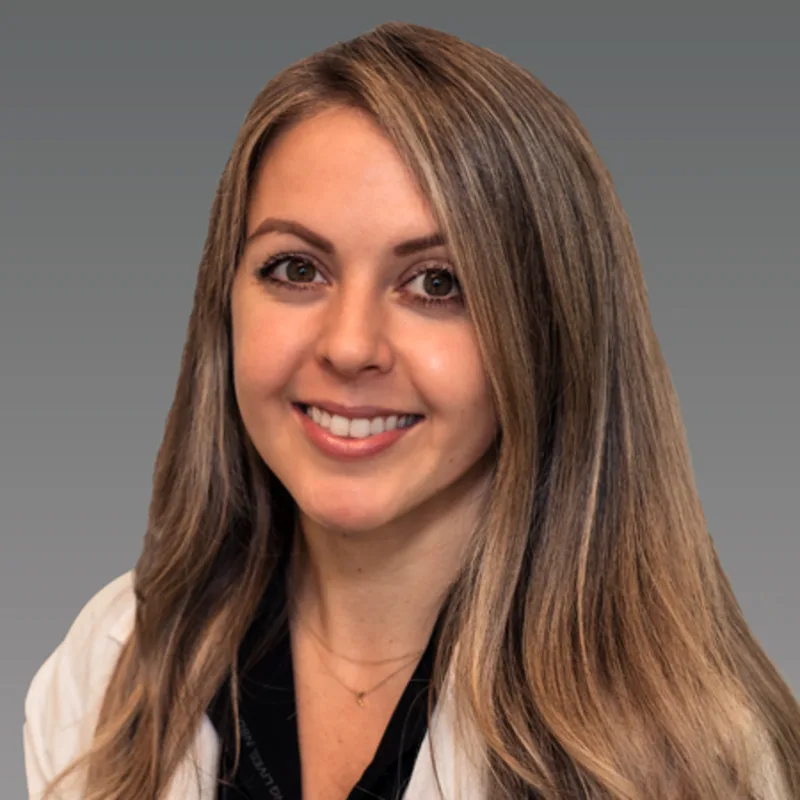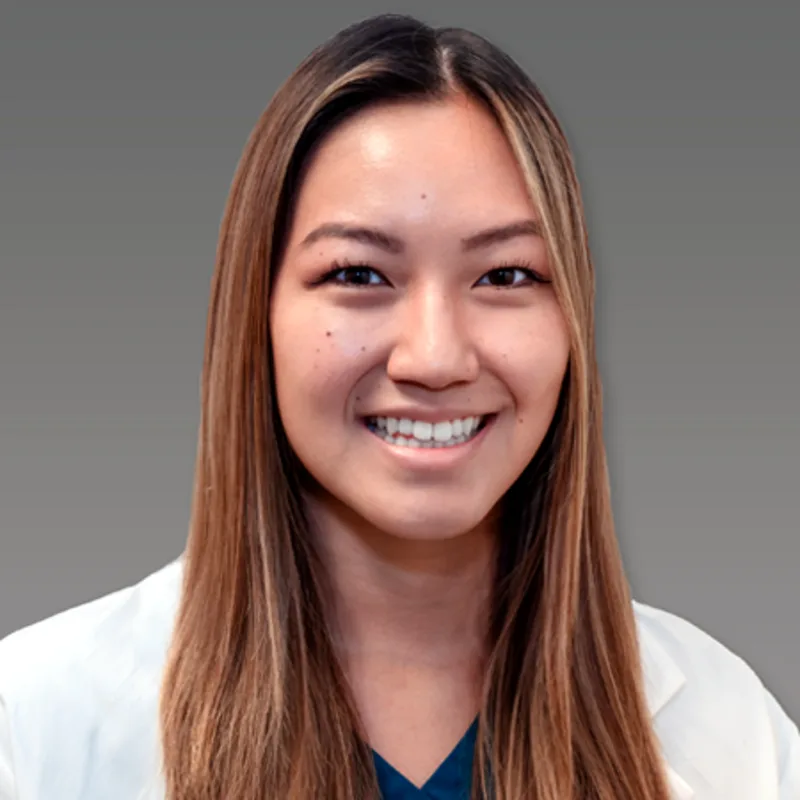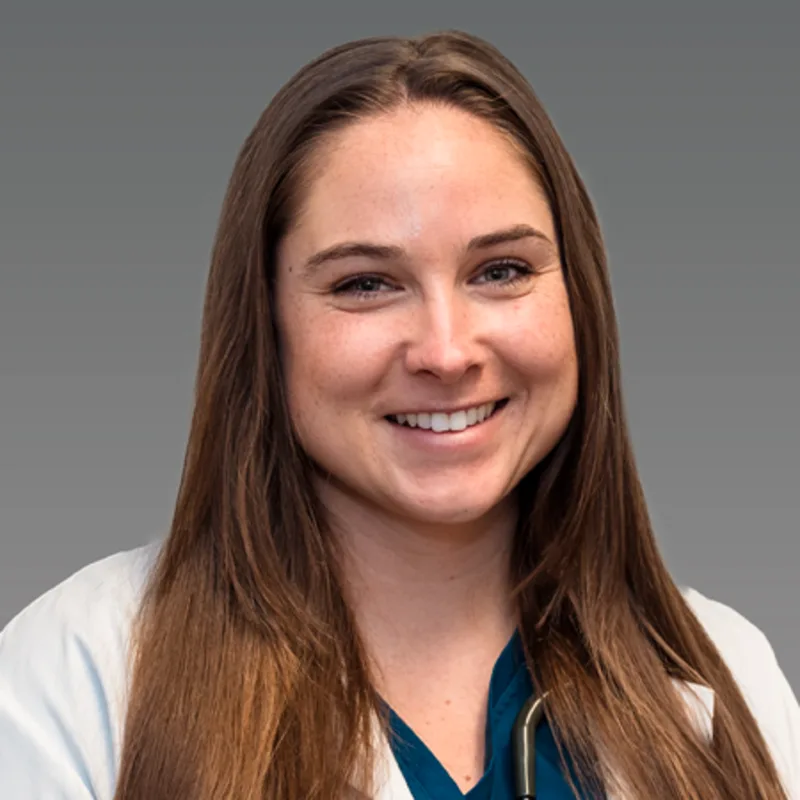Bulger Veterinary Hospital

Primary Pet Care
To maintain your pet’s good health, we recommend annual preventive veterinary care appointments. Senior pets should be seeing their veterinarian twice per year.
Physical Exams
Regular physical examinations are an essential aspect of preventive veterinary care, or “veterinary wellness care,” as it is sometimes called. During an exam, the veterinarian will check your pet thoroughly, noting any abnormalities, signs, or symptoms of illness. We will examine your pet’s eyes, ears, nose, mouth, chest, abdomen, skin, and paws. Our veterinarians also check the temperature, pulse, heart rate, and rhythm, weight, and body condition of your pet.
As a part of your pet’s preventive health care, we recommend the following schedule for check-ups:
Adult dogs and cats: Once yearly
Older dogs and cats: Twice yearly
Puppies and kittens: At six weeks of age and every 4 weeks* until the pet is over 16 weeks
Exotics/pocket Pets (small mammals such as ferrets, guinea pigs, and rabbits): Annual visits until three-to-four years old; twice yearly thereafter
*Puppies and kittens grow up so fast, and many things can change over four weeks. Immune systems are developing, dietary needs are changing, and they are getting physically bigger. Regular monthly appointments allow us to ensure your new pet is growing normally and healthy.
Pet Vaccinations
Adult dogs and cats have individually-tailored vaccine programs based on their age and lifestyle. Puppies and kittens should be vaccinated every four (4) weeks, starting at eight (8) weeks of age until they reach over 16 weeks of age. The state of Massachusetts requires by law that your dog and cat be current on his/her rabies vaccination.
Some vaccinations require boosters annually; others have a more extended period of efficacy, and some are only given if your dog or cat has a lifestyle need. For example, a dog that spends time in the woods has a higher risk of contracting leptospirosis (a serious bacterial infection) than a city dog who sticks to the sidewalks. Dogs that are boarded regularly will need to remain up to date on kennel cough vaccinations, while dogs that do not go to daycare or boarding facilities will not. Your veterinarian will discuss your pet’s lifestyle with you and make recommendations for your pet’s vaccine protocols.
Reactions: A small percentage of animals may show signs of a vaccine reaction that may include facial swelling, breathing abnormalities, vomiting, or lethargy. If a vaccine reaction occurs, it will usually be within 48 hours of being vaccinated, and minimal medical treatment is normally required. There are simple preventive measures our vets can take when we are aware of any previous allergic reactions.
Wellness Care
Our wellness programs are tailored to the specific needs of your pet during their different life stages. With each program, we will provide your pet with the preventive veterinary care needed to promote optimal health.
Treatments & Diagnostics
Dentistry
Diagnostic Imaging Services
Computed Tomography (CT Scan)
Radiographs (X-Ray)
Ultrasound
